Minister of Foreign Affairs of Belarus Ryzhenkov meets with delegations of Mozambique , Botswana ...
Mozambique: Growing coffee important in conserving biodiversity – producers
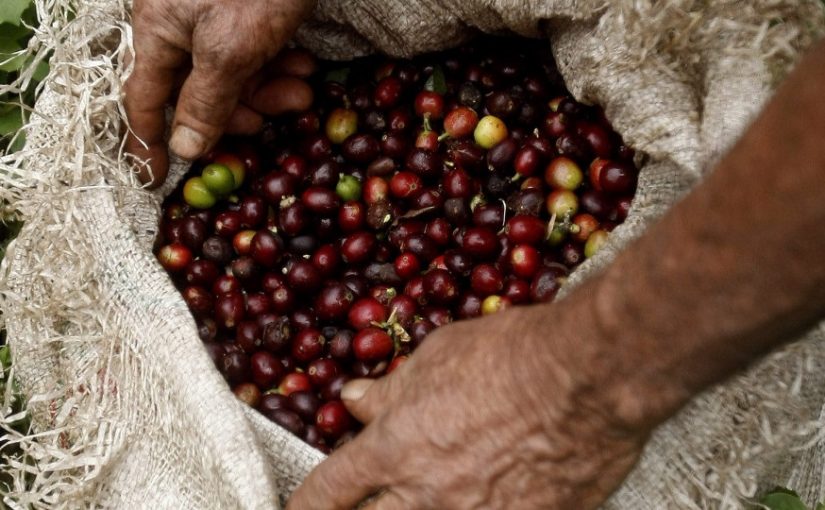
File photo: Lusa
Coffee producers on Friday argued for the importance of this crop in conserving biodiversity in Mozambique, pointing out that its production has been used to restore destroyed ecosystems.
The relationship between coffee growing and biodiversity conservation was debated in the panel “Coffee from Mozambique and the Development of the Local Economy”, at the first edition of the Coffee Festival, which is taking place in Maputo.
“The same women who didn’t want to know anything about planting and restoring trees are now friends of conservation, after being involved in coffee production,” said Pedro Muagura, from Gorongosa National Park (PNG), a fauna and flora sanctuary in central Mozambique that also produces and exports the crop.
Muagura said that the commitment to harnessing the agricultural potential of the territory occupied by the PNG has also resulted in reforestation and conservation of the biodiversity of the grasslands.
“The area was deserted, there was a scenario of deforestation caused by the various wars that took place in Gorongosa,” he said, referring to the armed conflicts between government forces and the former Mozambican National Resistance (Renamo) guerrilla group, now the main opposition party.
Pedro Muagura advocated the production of coffee and food crops, such as maize, so that cash crops don’t result in the marginalisation of food production.
Daniel Razão, president of the Mupandeia Agro-Cintropic Association, in Manica province, central Mozambique, also emphasised the importance of coffee growing in preserving biodiversity.
“Small producers already know that in order to make the most of a cash crop like coffee, they need other types of trees or forest, which provide shade for that crop,” emphasised Razão.
Coffee, he continued, develops better when it is protected by shade and this is an advantage for protecting biodiversity.
Razão advocated “co-socialisation” between cash crops and food crops in communities, so that farmers don’t have a food shortage.
“The coffee crop has a relatively longer cycle and the farmers can’t go three years without food,” emphasised Daniel Razão.
Genaro Lopez, president of the Mozambican Coffee Association (Amocafé), which brings together companies in the sector, said that the preservation of biodiversity should guide business activity in this sector.
“Through our activity, we also want to help fight deforestation, stimulating a change of perspective in the local community, so that they become guardians of their own ecosystem,” emphasised Lopez.
Speaking during the Coffee Festival, Mozambique’s Minister of Agriculture and Rural Development, Celso Correia, said today that the country has the conditions to be “a player” in the international coffee market, arguing for the need for more research and investment in this agricultural crop.
“Mozambican coffee is organic, responding to the demand of the international market, where consumers are increasingly interested in organic products, and providing an opportunity for the country to enter as a player” in the international market, he said.
Mozambique is well positioned in the international classification, since the coffee produced in the country is qualified in the “class of speciality coffees”, he continued.
This level, he continued, could place the Mozambican product in the “rare coffee class”.
The Minister of Agriculture and Rural Development pointed to the importance of coffee growing in the conservation of biodiversity as another advantage Mozambique has in the global market, since this approach has received a great deal of attention from international organisations with influence in the coffee market.




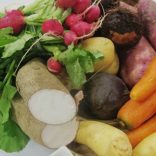
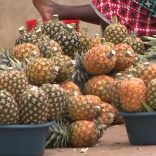
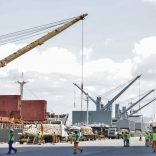
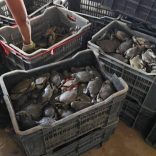



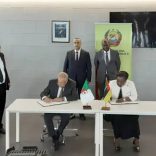

Leave a Reply
Be the First to Comment!
You must be logged in to post a comment.
You must be logged in to post a comment.